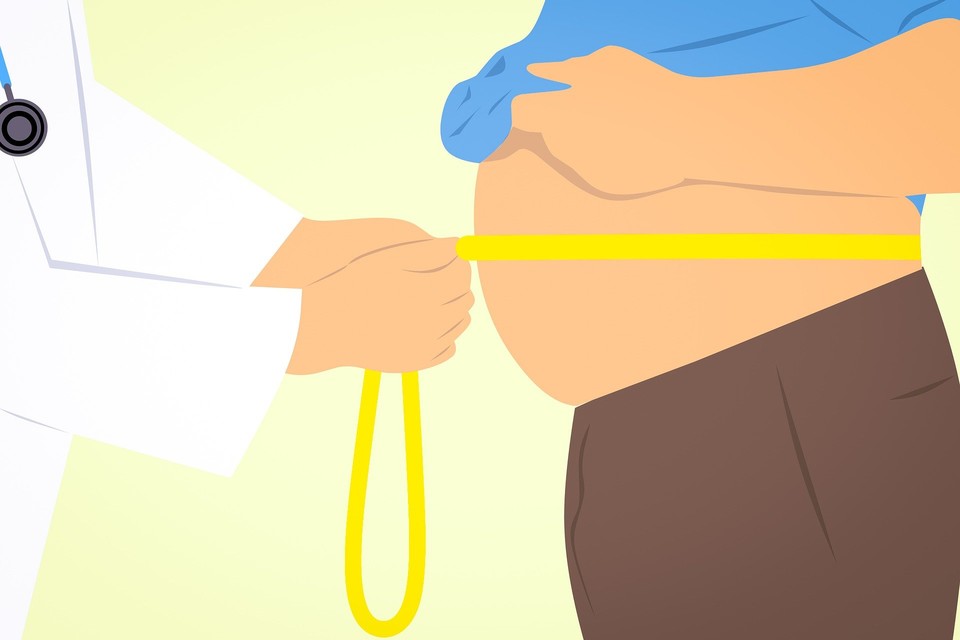Korean children are getting obese and lacking in Vitamin D, as they cannot go to school and stay at home because of the prolonged Covid-19 pandemic, a recent study has shown.

The Catholic University of Korea School of Medicine researched 226 children aged 4-14 from March to August last year.
The result showed that the share of overweight or obese children increased from 14.6 percent and 9.3 percent to 18.6 percent and 12.8 percent, respectively, over the period, as measured by their body mass index. Also, 22 children out of 165 in the normal weight range were reclassified as overweight and obese.
Only five of 21 overweight children changed to the standard weight range.
Besides, the low-density lipoprotein (LDL) cholesterol level, a risk factor in cardiovascular diseases, increased from 94.0mg/dl to 100.2mlg/dl. In contrast, the calcitriol level, a Vitamin D indicator, fell from 23.8mg/dl to 18.9mg/dl, during the six months.
Childhood obesity is one of the biggest public health challenges Korea faces today. Obesity-related risk factors are getting more prevalent during the pandemic and other school breaks, such as vacations. According to health officials, most children in Korea were forced to stay at home as their lessons shifted to online, losing opportunities for physical activities.
“Children spend their school time mostly indoors, and the sunlight exposure has decreased as well,” the team said. “This study was conducted to show the effects of school closure and social distancing on children’s weight and metabolic interactions during the coronavirus pandemic.”
According to data at the Health Insurance Review and Assessment Service, the number of obese children and teenagers in Korea more than doubled from 1,837 in 2015 to 3,812 in 2019.
As childhood obesity could be the factor of future complications, health experts recommend a healthy diet by reducing fast food and soft drinks and moving around more.
The study results were published in the Journal of Korean Medical Studies.

